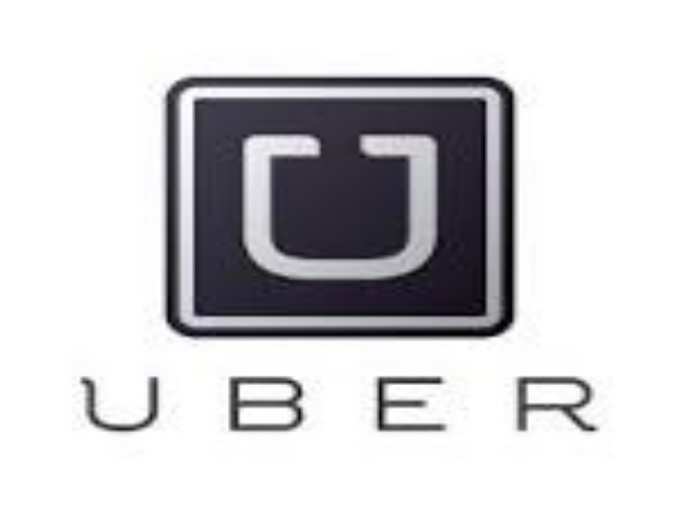
This ‘app’ was one of the coolest ‘
Reserve Bank of India has put forth some terms and conditions for the company to set right pertaining to its payment gateway which operates differently in India, with additional accountability and revenue for the country.
India happens to be a key market for Uber since the Internet penetration is relatively high with majority of the population having access to smartphones, Internet and are largely mobile-literate. The app held out a major competition for
The San-Francisco based company is present in 10 Indian cities, matching Olacabs with its presence.
Right-pricing, positive customer feedback and most importantly, a good base of courteous drivers have all made Uber the most preferred choice of travel for the new working class which chooses convenience over money. What else has worked for Uber is the fact that young India understands the need to make hay while the tech sun shines. And, making the best out of it, Uber surely knew how.
All this was a fairy tale saga till the very-avoidable mistake was pointed out. RBI put its foot down on Uber’s payment mode and said the company has time only till Oct 31 to mend its ways or leave the country.
What actually transpired? Uber in its enthusiasm to make payment a passenger-friendly transaction had put some basic structure in place. For instance, when someone uses a Uber cab, he/she can pay using a credit card. And all payments are processed directly using the customer’s stored credit card information, bypassing any monetary exchange between drivers and passengers. Uber gets a decent cut of 20% from the earnings per transaction. With the stored information of a customer’s credit card, there is a standing instruction to deduct money from the card for every usage approved by the cardholder who uses Uber’s cab services. And for its processing, Uber uses international gateway to complete the transaction, thus bypassing the rules by RBI.
The process is highly simple. But, that is what exactly has got Uber into a fix with RBI. The Reserve Bank of India observed that the credit card transactions in case of Uber weren’t following the two-step guideline, made compulsory by RBI, which requires the card holder to give details etched on the credit card surface, and then enter the one-time pin exclusively issued to the customer on his mobile phone.
Without pointing fingers at Uber explicitly, RBI in the recent statement said it had observed some companies operating in India were not adhering to the payment guidelines set for credit card transactions in the country. Without mincing words, Reserve Bank of India in a statement said international gateways cannot be used while operating in India. In other words, respect the law of land, or be a goner. Because when a transaction happens avoiding these two steps of authentication, foreign exchange outflow due for the country is reduced/ avoided. Even if this is an inadvertent mistake on part of Uber, it is essential to fix it if the company wants to operate in India.
On Uber’s part, fixing this may not be a major issue as most apps continue to add features and improve user experience for increased customer base. But, will Uber be able to do it within the set deadline of October 31, 2014?
Uber has remained silent on speculations of whether the company will shut shop in India. At the back-end, operations are perhaps being planned to keep the company afloat for now. Right now for Uber, work speaks more than words. And there’s a lot of it left to do, if India has to keep the doors open for this taxi-hailing app.